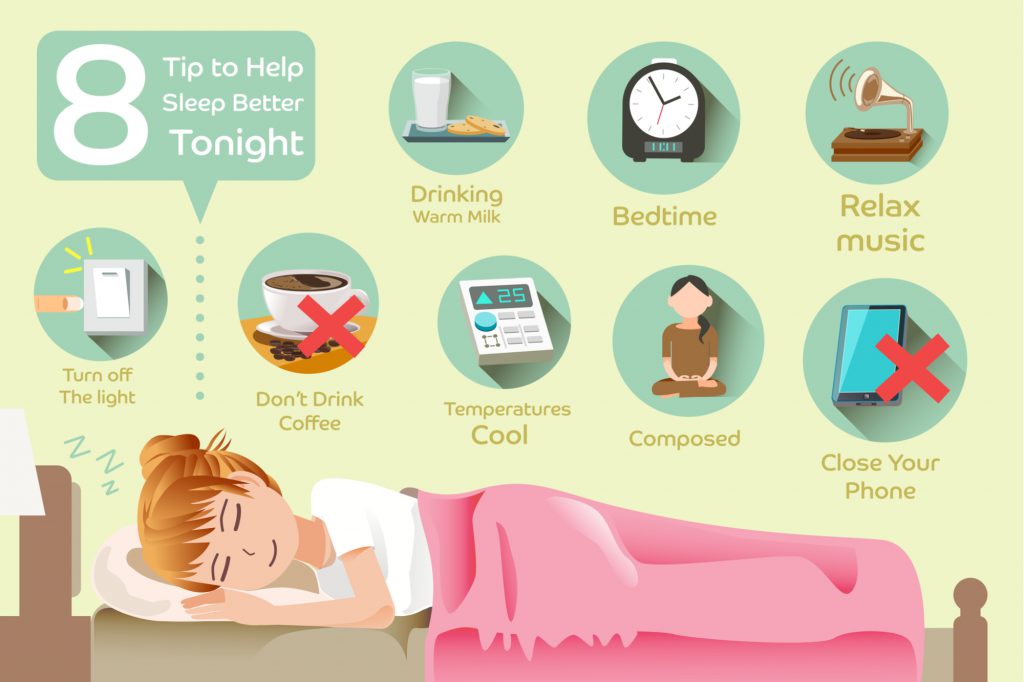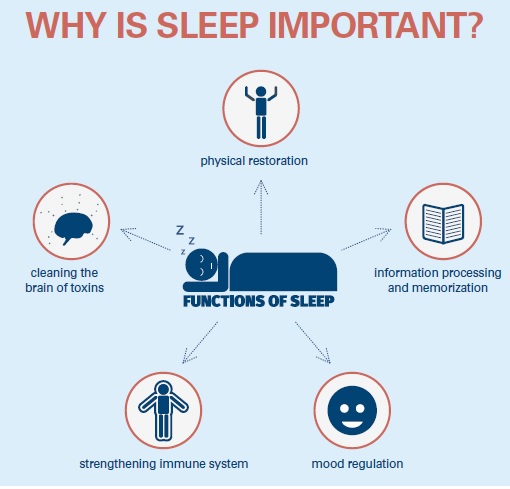Sleep is an essential aspect of our lives, yet it often gets neglected in our busy schedules. With the increasing demands of modern life, many people struggle to get the quality sleep they need to stay healthy and alert. In this blog article, we’ll explore the importance of healthy sleep and share some tips and tricks for achieving restorative slumber.

Tips and Tricks for Restorative Slumber
Understanding the factors that contribute to healthy sleep is crucial for improving your overall well-being. By implementing these tips and tricks, you can optimize your sleep environment and establish habits that promote restorative slumber.
Quality Sleep
Create a Sleep-Friendly Environment
To enhance the quality of your sleep, consider making the following adjustments to your sleep environment:
- Keep the bedroom cool, dark, and quiet.
- Invest in a comfortable mattress and pillows.
- Remove electronic devices from the bedroom, as they can emit blue light that interferes with sleep.

Establish a Consistent Sleep Schedule
Going to bed and waking up at the same time each day can help regulate your body’s internal clock, improving sleep quality. Aim for consistency, even on weekends and holidays.
Limit Stimulants and Heavy Meals Before Bed
Avoid consuming caffeine, nicotine, and alcohol too close to bedtime, as these substances can interfere with sleep quality. Additionally, eating heavy meals before bed can cause discomfort and disrupt sleep.
How to Sleep Better
Develop a Relaxing Bedtime Routine
Creating a soothing pre-sleep routine can signal to your body that it’s time to wind down and prepare for rest. Consider incorporating activities such as:
- Reading a book
- Taking a warm bath
- Practicing deep breathing exercises or meditation

Manage Stress and Anxiety
High levels of stress and anxiety can make it difficult to fall asleep and stay asleep. Address the root causes of stress in your life and practice relaxation techniques to promote better sleep.
Exercise Regularly
Physical activity can help you sleep better by reducing stress and promoting feelings of relaxation. Aim for at least 30 minutes of moderate exercise most days of the week, but avoid vigorous workouts close to bedtime.
Enough Sleep
Prioritize Sleep
Recognize the importance of sleep and make it a priority in your life. Schedule your daily activities around a consistent sleep schedule, and avoid sacrificing sleep for other commitments.
Listen to Your Body
The amount of sleep needed varies from person to person. Pay attention to how you feel during the day to determine if you’re getting enough sleep. If you’re consistently tired, consider adjusting your sleep schedule to allow for more rest.
Sleep

Seek Professional Help If Needed
If you continue to struggle with sleep despite implementing these tips and tricks, consult with a healthcare professional. They can help identify any underlying health issues that may be contributing to your sleep problems.
Be Patient
Improving your sleep habits takes time and consistency. Be patient with yourself as you make adjustments, and remember that change is a gradual process.
By incorporating these tips and tricks for restorative slumber into your daily routine, you can unlock the secrets of healthy sleep and enjoy the many benefits it provides. Prioritize sleep, pay attention to your sleep environment, and practice good sleep hygiene to ensure that you wake up feeling refreshed and rejuvenated each day.
What is a Good Sleep?
Uninterrupted Sleep
Good sleep is characterized by uninterrupted periods of rest, allowing your body to cycle through all the stages of sleep, including both non-REM and REM sleep.
Adequate Duration
The ideal duration of sleep varies by individual, but most adults require between 7-9 hours of sleep per night to function optimally.
Refreshing and Restorative
Waking up feeling refreshed and rejuvenated is another indicator of good sleep. This means that your body has had enough time to repair, restore, and consolidate memories during the night.
Bad Sleep
Insufficient Sleep Duration
Regularly getting less sleep than your body needs can lead to chronic sleep deprivation, which can have negative effects on your cognitive function, mood, and overall health.
Fragmented Sleep
Frequently waking up during the night, tossing and turning, or experiencing sleep disruptions can prevent you from achieving restorative sleep, leaving you feeling groggy and unrested the following day.
Sleep Disorders
Sleep disorders such as insomnia, sleep apnea, and restless legs syndrome can significantly impact the quality of your sleep and require medical intervention to address.
Importance of Sleep

Physical Health
Sleep plays a crucial role in maintaining your physical health, including promoting tissue repair, muscle growth, and a strong immune system.
Mental Health
Adequate sleep is essential for supporting emotional well-being and reducing the risk of developing mood disorders such as anxiety and depression.
Cognitive Function
Sleep is vital for cognitive processes like memory consolidation, learning, and problem-solving. Without sufficient sleep, your ability to focus, make decisions, and retain new information can be impaired.